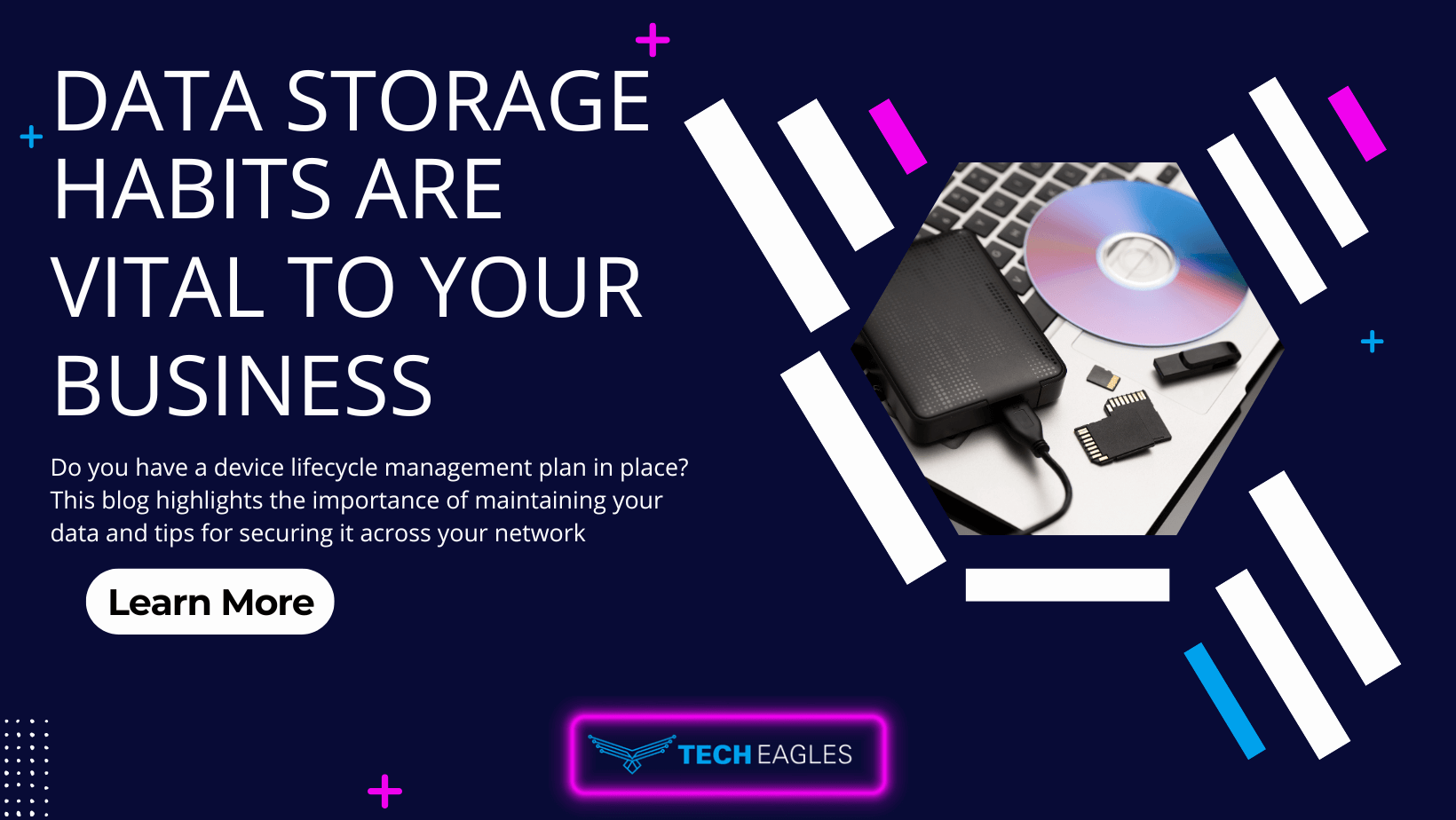November 13, 2024
Your Data Travels Further Than You Think

Every business knows that their customer data is the lifeline of the company. But do you realize just how important it is to establish and follow a “lifecycle” plan for all that data? Data lifecycle management (DLM, for short) is the process that your business uses to manage your company data and how its handled, stored, accessed, and, eventually, how its disposed of. Most, if not all, businesses acquire and store huge amounts of data, so having a robust DLM policy is critical because it can hinder or bolster your company’s security, compliance, and operations. Through its lifecycle, your data could be exposed to various threats, including unauthorized access, breaches, and more. Plus, if your business is following regulatory industry requirements, you might be subject to strict data protection laws. Finally, having a solid DLM policy just helps the operational efficiency of your business and can reduce storage costs.
Data lifecycle management begins when it’s generated as new information in your business system. Then it moves through the process of storage, use, sharing/access, archiving, and eventual deletion. Each of these stages are important and face possible challenges to your business if not managed properly, which can lead to security risks and non-compliance for industry regulations, all of which can set you up for serious loss of income, fines, and loss of operation. However, if you implement a sturdy DLM policy for you and your team, you can maximize the value of having data and keep the risks at bay.
There are many challenges in managing your business data and we want to make sure you’re equipped to work through your DLM efficiently. One of the main challenges is the vast amount of volume and variety of data your business collects and includes everything from what is stored in your databases to even texts, images, and videos. This can quickly present a storage problem so it’s important to invest in a scalable storage vendor that can handle the fluctuations and growth of your business. And while structured data (such as databases) are relatively easy to store and manage, those unstructured data (such as photos and emails) can be more difficult.
Protecting your data is a critical aspect of your business DLM. Be sure to enforce measures such as access controls, MFA, encryption, and regular security audits. You must also be sure that you are handling your customer’s data collection, maintenance, and disposal in accordance with federal and state regulations that might be unique to your industry.
Not only is a slack DLM policy a risk for your business’s security, it can also hinder your productivity. Without good data maintenance, your business can suffer from wasted resources, inaccurate analysis and projections, and poor business choices.
So, what can you do to promote a robust DLM policy? First, be sure to enforce data quality through proper storage solutions and regular back-ups. Second, you need to have a plan in place for when you need to get rid of data, as unused and unneeded data increase the cost of storage and security risks. However, deleting data too soon can cause compliance woes, so it’s important to think through a timeline and usage policy. Once it is time to delete data, do so securely once it has met the end of its lifecycle to prevent unauthorized access. Third, you need to make sure that the appropriate users have access to business data as it moves through its lifecycle, as sometimes data gets archived when it’s still needed. Finally, make sure your business has a backup plan in the event of a natural disaster, cyberattack, or hardware failures. This is why a disaster recovery plan that has an emphasis on data backup and protection is so important.
Though this all might seem like a headache, data is a crucial aspect of your business in our modern world and having a sound DLM policy will both protect your business and help it to function more effortlessly. If you have any questions about data security and storage options, don’t hesitate to call us today. Our team of experts are at the ready to help your business succeed.
Categories:
